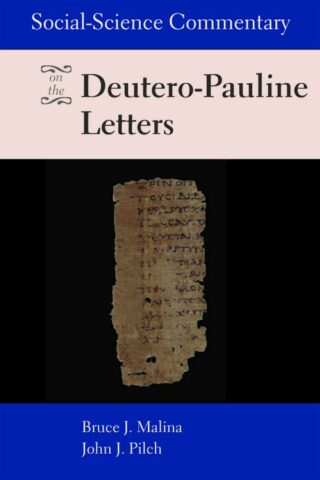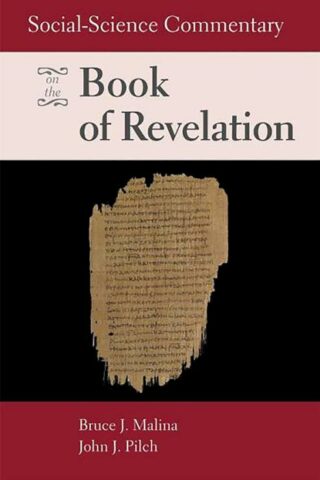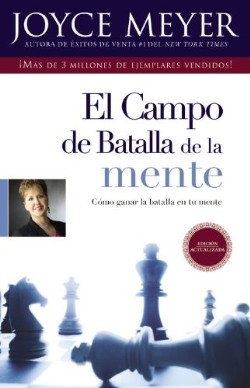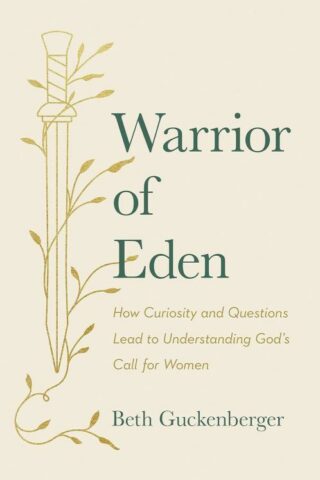John Pilch
Showing all 2 resultsSorted by latest
-
Social Science Commentary On The Deutero Pauline Letters
$56.25The Social-Science Commentary series pioneers an alternative commentary genre, providing in this volume the text of the deutero-Pauline letters and cultural notes on them. The Social-Science Commentary on the Deutero-Pauline Letters provides essential “reading scenarios” on specific cultural phenomena in these letters, including forgery, normative conflict, paideia (training), and Household Codes. This volume highlights the transformation of the memory of Paul in early Christianity as reflecting the concerns and interest of communities after Paul’s death.
Add to cartin stock within 3-5 days of online purchase
-
Social Science Commentary On The Book Of Revelation
$53.33The author of Revelation presents himself as John, the astral seer, who professes faith in the Resurrected Jesus and who belonged to the house of Israel. John writes of traveling in to the sky; but this perspective of “sky-visions” is completely neglected in the traditional commentaries and studies on Revelation. Malina and Pilch demonstrate the necessity of taking ancient sky-interpretation seriously for reading the book of Revelation in its first-century context.
Add to cartin stock within 3-5 days of online purchase












